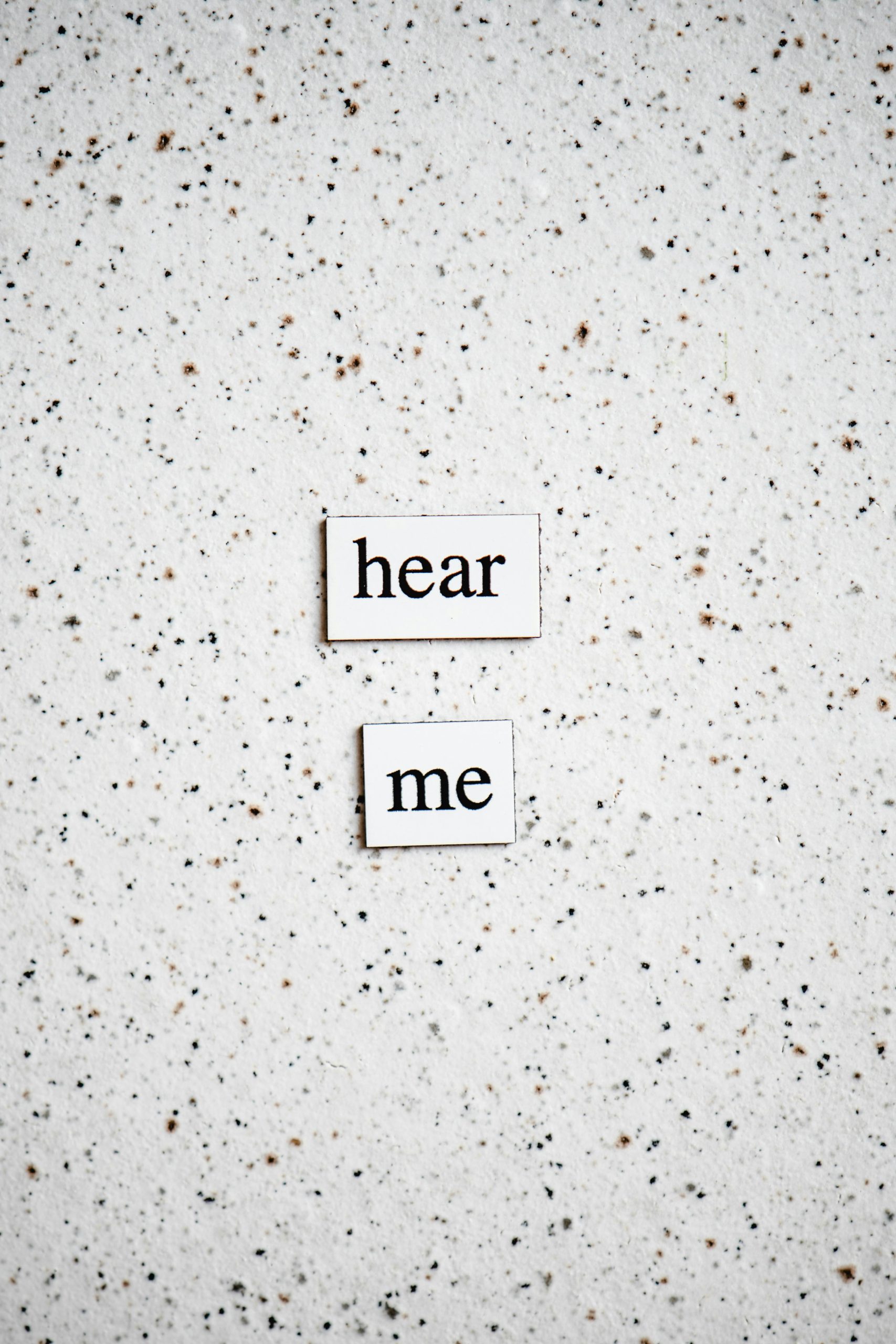Question About the Wombat Influencer
I’d like to pose a question to the folks in Australia—this feels a bit like an r/changemyview moment for me.
I’m struggling to understand the strong reactions to the influencer who took a baby wombat. She definitely seems self-serving, and her indifferent behavior and laughter while the wombat was distressed were quite off-putting.
However, for those who believe her actions warrant severe consequences like prosecution or deportation, I’m genuinely curious: do you eat meat?
I imagine many of you (myself included) do. Most of the animals we consume are young, after all. Are you comfortable with that, yet feel that this influencer’s behavior is somehow worse?
I’m not here to defend her—honestly, I don’t have much affection for influencers in general, and she appears particularly unlikable. I’m just trying to understand why there’s such a strong desire to criticize her when many of us make choices that contribute to animal suffering and seem to be okay with it.
Do we hold different standards for how we treat native wildlife compared to farmed or hunted animals?
I’m ready for the downvotes, but I want to emphasize that this is a sincere question, not a criticism of anyone.




You raise an interesting and complex issue that touches on ethics, human behavior, and our relationship with animals. It’s true that many people who are outraged by the influencer’s actions might also consume meat without fully considering the implications.
There are a few factors at play here. First, the emotional response to seeing a cute, innocent baby wombat being mishandled can evoke a strong reaction, especially when it feels like a violation of natural compassion. Wildlife, particularly native species like wombats, often have a different status in our moral reasoning compared to farmed animals due to their position in the ecosystem and their vulnerability.
Additionally, people may also differentiate between the intentionality behind actions. The influencer’s behavior was seemingly frivolous and devoid of respect for the animal’s well-being, whereas many who eat meat might rationalize that they are participating in a necessary food system, albeit one that also involves suffering.
The debate about how we value and treat different animals is ongoing and can be very personal. Many people are increasingly questioning their choices regarding meat consumption and animal welfare, influenced by the very types of discussions happening around influencers and wildlife care.
Ultimately, this situation might just highlight a broader discussion about our ethics and the treatment of animals, whether they be wild or domesticated. It’s a conversation worth having, and it’s encouraging to see people engaging with these issues from various perspectives.